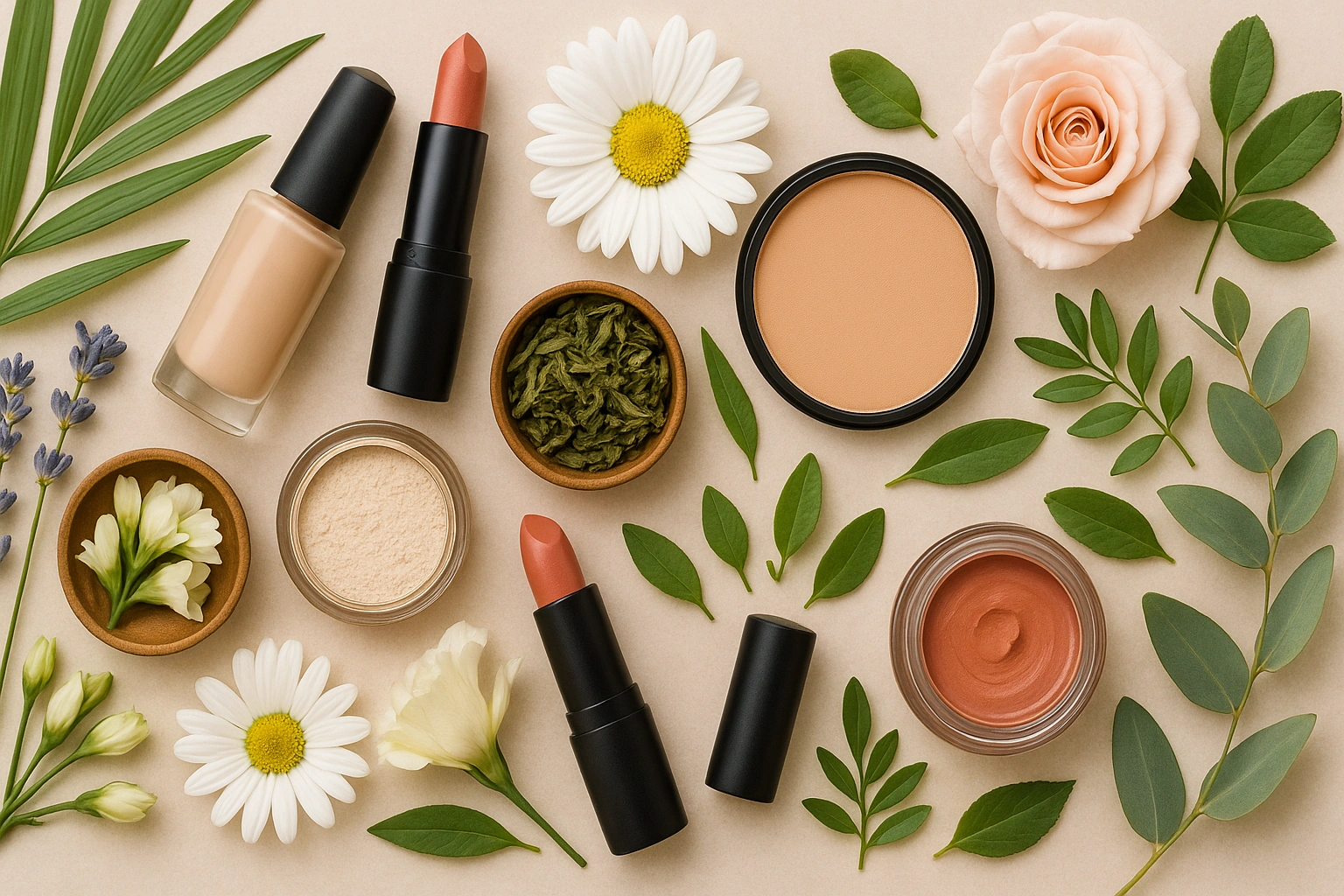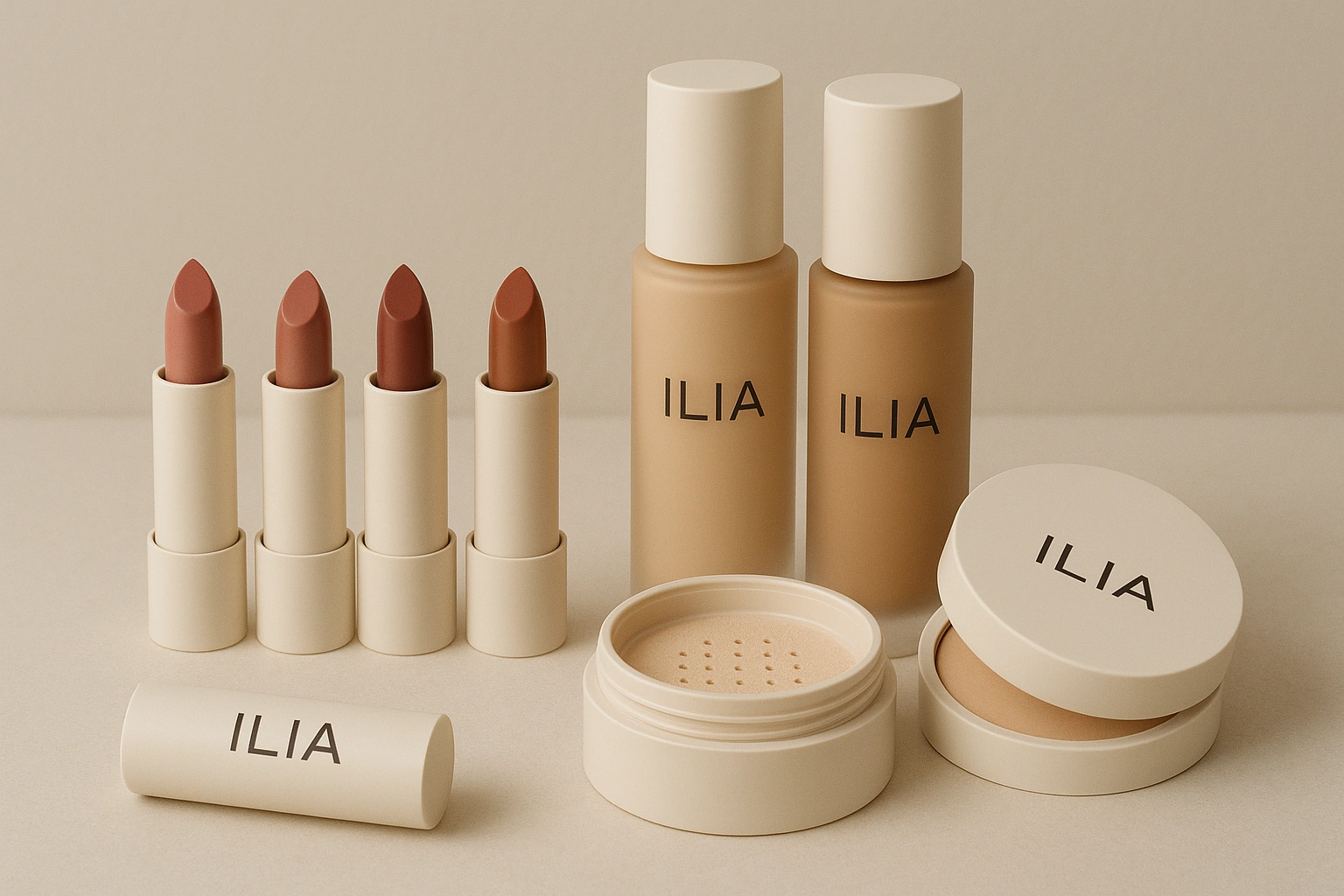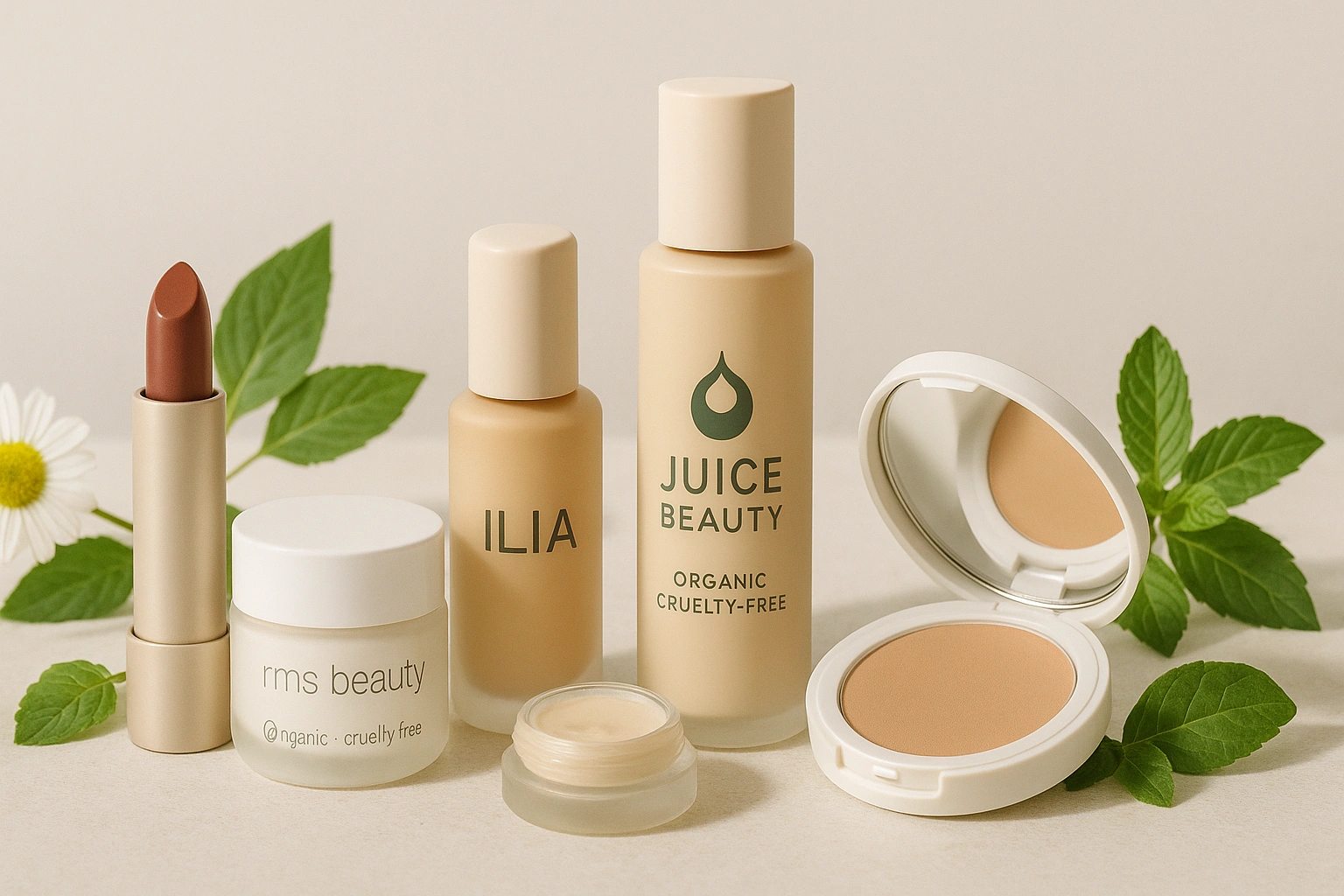Are the unpronounceable ingredients in your foundation starting to feel less like beauty and more like a science experiment?
The clean beauty movement has officially gone mainstream, and for good reason. Consumers are demanding transparency, safety, and sustainability in their cosmetics, and the industry is finally listening. This guide is your definitive resource for the best **organic makeup brands** that deliver stunning results without compromising your health or values. We’re cutting through the noise to bring you the brands that are truly worth your investment.
After reading, you’ll know exactly which brands to trust, what certifications to look for, and how to build a high-performance makeup routine that’s as clean as it is beautiful.
- What Is Organic Makeup, Really?
- Why Organic Makeup Is More Than Just a Trend
- Top 3 Organic Makeup Brands: A Deep Dive
- Brand Comparison: Which Is Right for You?
- Common Mistakes to Avoid When Shopping for Organic Makeup
- Expert Tips for a Flawless Organic Routine
- Frequently Asked Questions (FAQ)
- The Future of Beauty is Clean
What Is Organic Makeup, Really?
Organic makeup refers to cosmetic products made with ingredients that are grown without the use of synthetic pesticides, herbicides, or genetically modified organisms (GMOs). Unlike the loosely defined term “natural,” “organic” is a legally regulated standard. For a product to be certified organic, it must meet rigorous criteria set by governing bodies like the USDA or ECOCERT.
The demand for these products is surging. The global organic beauty market is expected to grow exponentially, with consumers becoming more educated about the potential risks of chemicals like parabens, phthalates, and synthetic fragrances commonly found in conventional makeup. According to a report by Wired, this shift is driving innovation in green chemistry and sustainable sourcing across the industry.

Why Organic Makeup Is More Than Just a Trend
Choosing organic is a holistic decision that benefits your skin, your health, and the environment. It’s about conscious consumerism meeting luxury performance.
Better for Your Skin’s Health
Your skin is your largest organ, and it absorbs a significant portion of what you apply to it. Organic makeup is formulated with skin-loving ingredients like plant oils, fruit extracts, and mineral pigments that nourish and soothe, rather than irritate. This makes it an ideal choice for those with sensitive, acne-prone, or reactive skin.
Free from Harmful Chemicals
Conventional cosmetics can contain a cocktail of endocrine disruptors, carcinogens, and allergens. The **best non-toxic cosmetics** are free from:
- Parabens: Preservatives linked to hormonal disruption.
- Phthalates: Often found in synthetic fragrances, linked to reproductive issues.
- Talc: Can be contaminated with asbestos, a known carcinogen.
- Synthetic Dyes: Derived from petroleum and can cause skin irritation.
Superior, High-Performance Ingredients
Forget the chalky, poorly pigmented “natural” makeup of the past. Today’s organic brands use cutting-edge botanical ingredients that offer vibrant color, long-lasting wear, and luxurious textures. Ingredients like jojoba oil, shea butter, and rosehip oil provide a flawless finish while actively improving your skin’s condition over time. This focus on quality and innovation mirrors advancements in other tech fields, such as those explored by AI Robotics.
Kinder to the Planet
Organic farming practices are inherently more sustainable. They protect soil health, conserve water, reduce pollution, and promote biodiversity. By choosing organic makeup brands, you are supporting a system that values environmental stewardship.
Top 3 Organic Makeup Brands: A Deep Dive
We’ve tested and researched to bring you the brands that truly stand out in the crowded clean beauty space. These are the names loved by makeup artists and consumers across the US and Europe.
1. ILIA Beauty
A cult favorite for its “skin-centric” approach, ILIA seamlessly blends skincare with makeup. Their products are known for their lightweight feel, dewy finishes, and powerful active ingredients. The Super Serum Skin Tint SPF 40 is an icon for a reason.

| Pros | Cons |
|---|---|
| Includes active skincare ingredients & SPF | Higher price point |
| Beautiful, luminous finishes | Limited options for matte lovers |
2. RMS Beauty
Founded by legendary makeup artist Rose-Marie Swift, RMS Beauty is a pioneer in the clean beauty world. Their products are formulated with raw, food-grade, and organic ingredients in their natural state. The “Un” Cover-Up concealer is a must-have for a natural, skin-like finish.
| Pros | Cons |
|---|---|
| Minimalist, multi-tasking products | Cream products may not suit very oily skin |
| Extremely high-quality, raw ingredients | Packaging is less durable for travel |
3. Juice Beauty
Juice Beauty is known for its high-performance formulas based on an antioxidant-rich organic botanical juice base, rather than water. They offer a wide range of skincare and makeup, with a focus on anti-aging benefits. Their Phyto-Pigments Flawless Serum Foundation is a standout.
| Pros | Cons |
|---|---|
| Clinically validated anti-aging results | Some find the natural scents strong |
| Wide product range for all skin types | Foundation shades could be more extensive |
Brand Comparison: Which Is Right for You?
| Brand | Best For | Key Features | Price Range |
|---|---|---|---|
| ILIA Beauty | Everyday dewy look, SPF lovers | Skincare-makeup hybrids, serum formulas | $$$ |
| RMS Beauty | Minimalists, “no-makeup” makeup | Raw, food-grade ingredients, multi-tasking pots | $$$ |
| Juice Beauty | Mature skin, anti-aging focus | Botanical juice base, clinically tested | $$ – $$$ |
Common Mistakes to Avoid When Shopping for Organic Makeup
- Falling for “Greenwashing”: A green leaf on the package doesn’t make it organic. Always look for official certification logos.
- Confusing “Natural” with “Organic”: “Natural” is an unregulated term. A product can be 100% natural but not organic.
- Ignoring the Full Ingredient List: Some brands might highlight their one organic ingredient while the rest of the formula is synthetic.
- Not Checking for Hidden Animal By-products: If you’re also looking for vegan products, watch out for ingredients like beeswax, carmine, and lanolin.
- Expecting an Overnight Transition: Your skin may need a “detox” period to adjust to cleaner formulas. Give it a few weeks.
Expert Tips for a Flawless Organic Routine
Ready to make the switch? Here’s how to do it like a pro.
- Prep Your Skin Well: Organic makeup performs best on well-hydrated skin. Don’t skip your organic moisturizer and primer.
- Use the Right Tools: Apply cream products with your fingers to warm them up for a seamless blend. Use synthetic brushes for powders.
- Start with Less, Build as Needed: Organic formulas are often highly pigmented. Start with a small amount and build coverage where you need it.
- Embrace a Multi-Tasking Mindset:
“The beauty of many organic products, especially creams, is their versatility,” says clean beauty expert Sarah James. “Use your lipstick as a blush, or your bronzer as an eyeshadow. It simplifies your routine and gives a beautiful, cohesive look.”
Frequently Asked Questions (FAQ)
Q: What is the difference between ‘organic’ and ‘natural’ makeup?
A: ‘Organic’ is a regulated term that requires ingredients to be grown without pesticides or synthetic fertilizers, and the final product must meet strict certification standards. ‘Natural’ is an unregulated marketing term and can be used more loosely, so it’s important to check ingredient lists and certifications.
Q: Is organic makeup better for sensitive skin?
A: Generally, yes. Organic makeup brands avoid synthetic fragrances, dyes, and harsh chemicals that often irritate sensitive skin. They focus on soothing, plant-based ingredients. However, you should always patch-test new products, as natural ingredients can also cause reactions in some individuals.
Q: Are organic makeup brands expensive?
A: They can range from affordable to luxury. While some brands are pricier due to high-quality certified organic ingredients and sustainable practices, there are many budget-friendly options available that don’t compromise on quality.
Q: How do I know if a makeup brand is truly organic?
A: Look for official certifications on the packaging, such as USDA Organic, ECOCERT, or COSMOS-Standard. These logos ensure the product has met rigorous standards for organic ingredients and production processes.
Q: Does organic makeup perform as well as conventional makeup?
A: Absolutely. Modern organic makeup formulations have advanced significantly. Today’s best non-toxic cosmetics offer incredible pigmentation, long-lasting wear, and beautiful finishes that rival, and often surpass, their conventional counterparts.
The Future of Beauty is Clean
Switching to **organic makeup brands** is an investment in your health, your skin, and the planet. With formulas that are more effective and luxurious than ever, there’s no longer a need to choose between performance and principles. By opting for the **best non-toxic cosmetics**, you’re not just buying a product; you’re supporting a movement towards a cleaner, more sustainable, and truly beautiful future.
What are your favorite organic makeup brands? Share your top picks in the comments below!
